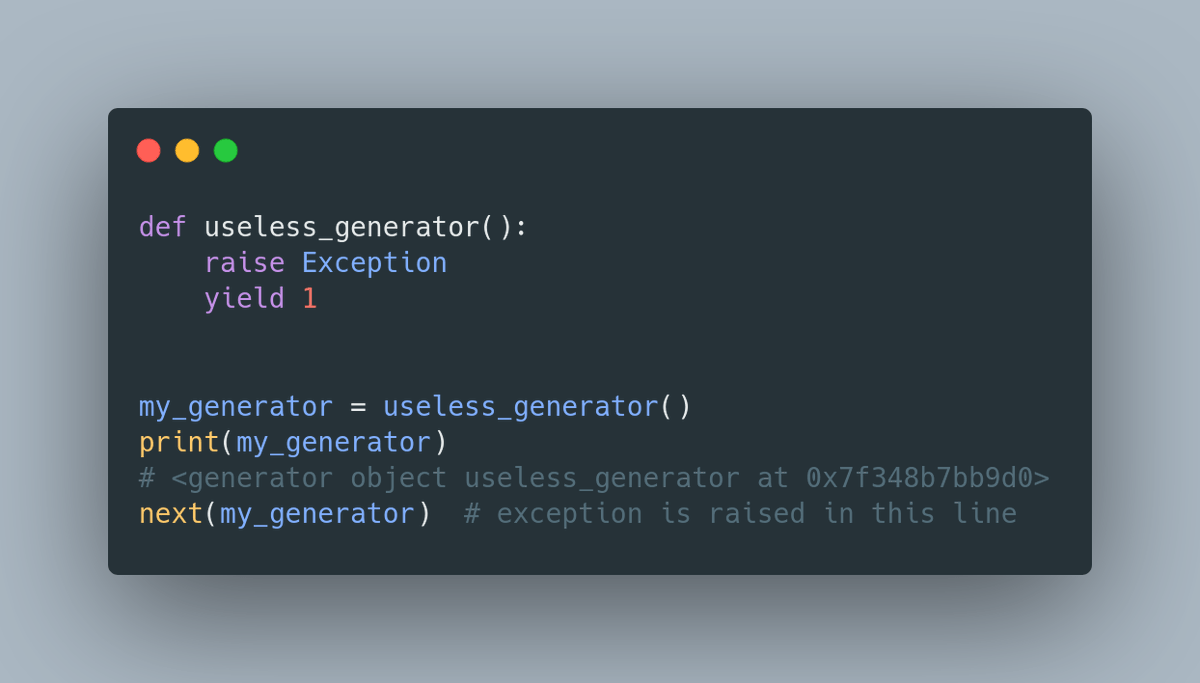The "polarization is the problem" narrative to me is bad because it implies the status quo was a stable and acceptable set of trade-offs. It's the equivalent of a pollyanna "why can't we all get along" but the we in question is white supremacy and its targets.
More from Machine learning
Thanks for this incredibly helpful analysis @dgurdasani1
Two questions. 1/ Does this summarise the AZ published data :
The plan is to extend the time interval for all age groups despite it being largely untested on the over 55yrs, although the full data is not yet published
Do we have the actual numbers of over 55yr olds given a 2nd dose at c12 weeks and the accompanying efficacy data?
Not to mention the efficacy data of the full first dose over that same period?
I’d quite like to know whether I am to be a guinea pig & the ongoing risks to manage
You attached photos of excerpts from a paper. Could you attach the link?
Re Pfizer. As I understand it the most efficacious interval for dosing was investigated at the start of the trial.
Here’s the link to the
I’ve got to say that this way of making and announcing decisions is not inspiring confidence in me and I am very pro vaccination as a matter of principle, not least because my brother caught polio before vaccinations available.
Two questions. 1/ Does this summarise the AZ published data :
The plan is to extend the time interval for all age groups despite it being largely untested on the over 55yrs, although the full data is not yet published
SUMMARY: the Oxford/Astra trial examined dosing with gaps between 4-12 wks- although longer gaps appear to be limited mostly to younger participants. There was no difference reported in published data between these & efficacy from the 1st dose seems high for severe disease.
— Deepti Gurdasani (@dgurdasani1) December 31, 2020
Do we have the actual numbers of over 55yr olds given a 2nd dose at c12 weeks and the accompanying efficacy data?
Not to mention the efficacy data of the full first dose over that same period?
I’d quite like to know whether I am to be a guinea pig & the ongoing risks to manage
You attached photos of excerpts from a paper. Could you attach the link?
Re Pfizer. As I understand it the most efficacious interval for dosing was investigated at the start of the trial.
Discussions of 1 vs 2 doses suggest many are not aware of Pfizer's trials which evaluated 1 vs 2 dose immunogenicity, assessed multiple formulations (BNT162b1 BNT162b2 etc) & conducted dose-ranging in both young & old adults at the start. Saw "clear benefit of booster at day 21" pic.twitter.com/mpyxu9xFSF
— Dr Nicole E Basta (@IDEpiPhD) December 31, 2020
Here’s the link to the
I’ve got to say that this way of making and announcing decisions is not inspiring confidence in me and I am very pro vaccination as a matter of principle, not least because my brother caught polio before vaccinations available.
With hard work and determination, anyone can learn to code.
Here’s a list of my favorites resources if you’re learning to code in 2021.
👇
1. freeCodeCamp.
I’d suggest picking one of the projects in the curriculum to tackle and then completing the lessons on syntax when you get stuck. This way you know *why* you’re learning what you’re learning, and you're building things
2. https://t.co/7XC50GlIaa is a hidden gem. Things I love about it:
1) You can see the most upvoted solutions so you can read really good code
2) You can ask questions in the discussion section if you're stuck, and people often answer. Free
3. https://t.co/V9gcXqqLN6 and https://t.co/KbEYGL21iE
On stackoverflow you can find answers to almost every problem you encounter. On GitHub you can read so much great code. You can build so much just from using these two resources and a blank text editor.
4. https://t.co/xX2J00fSrT @eggheadio specifically for frontend dev.
Their tutorials are designed to maximize your time, so you never feel overwhelmed by a 14-hour course. Also, the amount of prep they put into making great courses is unlike any other online course I've seen.
Here’s a list of my favorites resources if you’re learning to code in 2021.
👇
1. freeCodeCamp.
I’d suggest picking one of the projects in the curriculum to tackle and then completing the lessons on syntax when you get stuck. This way you know *why* you’re learning what you’re learning, and you're building things
2. https://t.co/7XC50GlIaa is a hidden gem. Things I love about it:
1) You can see the most upvoted solutions so you can read really good code
2) You can ask questions in the discussion section if you're stuck, and people often answer. Free
3. https://t.co/V9gcXqqLN6 and https://t.co/KbEYGL21iE
On stackoverflow you can find answers to almost every problem you encounter. On GitHub you can read so much great code. You can build so much just from using these two resources and a blank text editor.
4. https://t.co/xX2J00fSrT @eggheadio specifically for frontend dev.
Their tutorials are designed to maximize your time, so you never feel overwhelmed by a 14-hour course. Also, the amount of prep they put into making great courses is unlike any other online course I've seen.



















